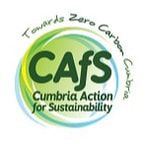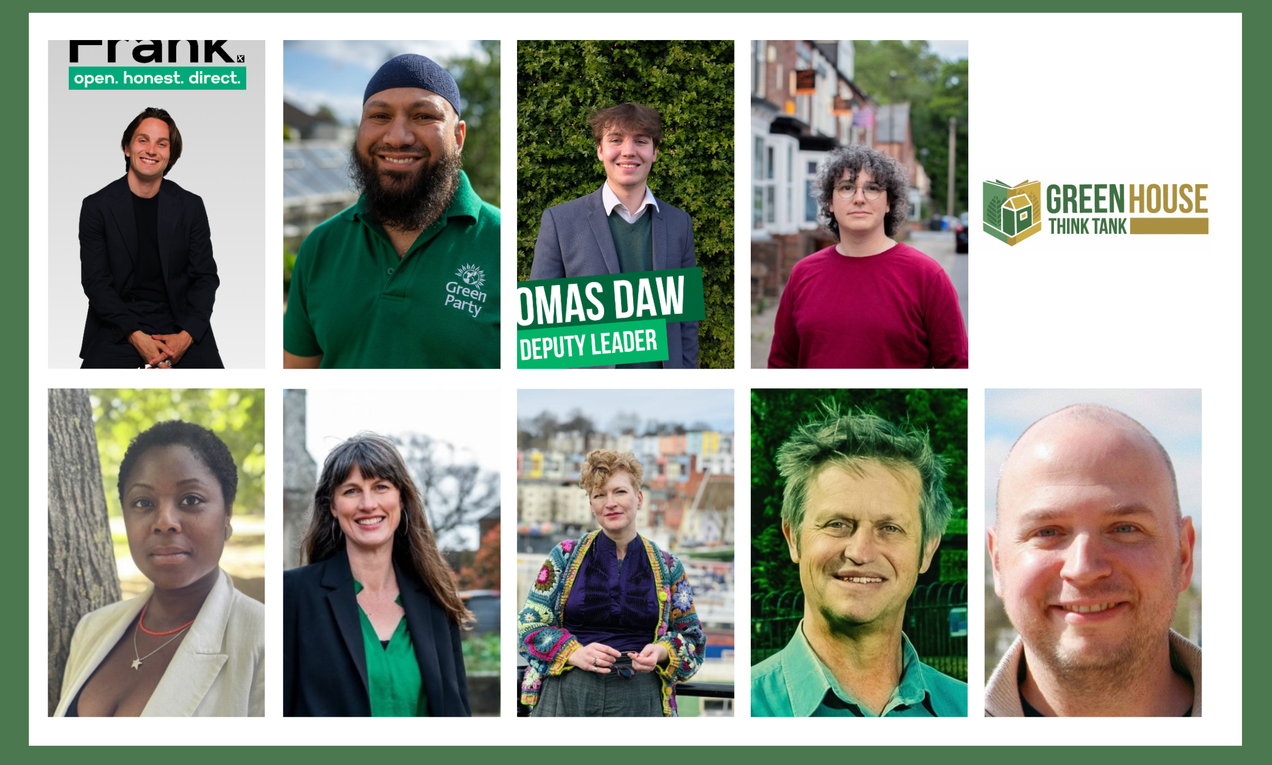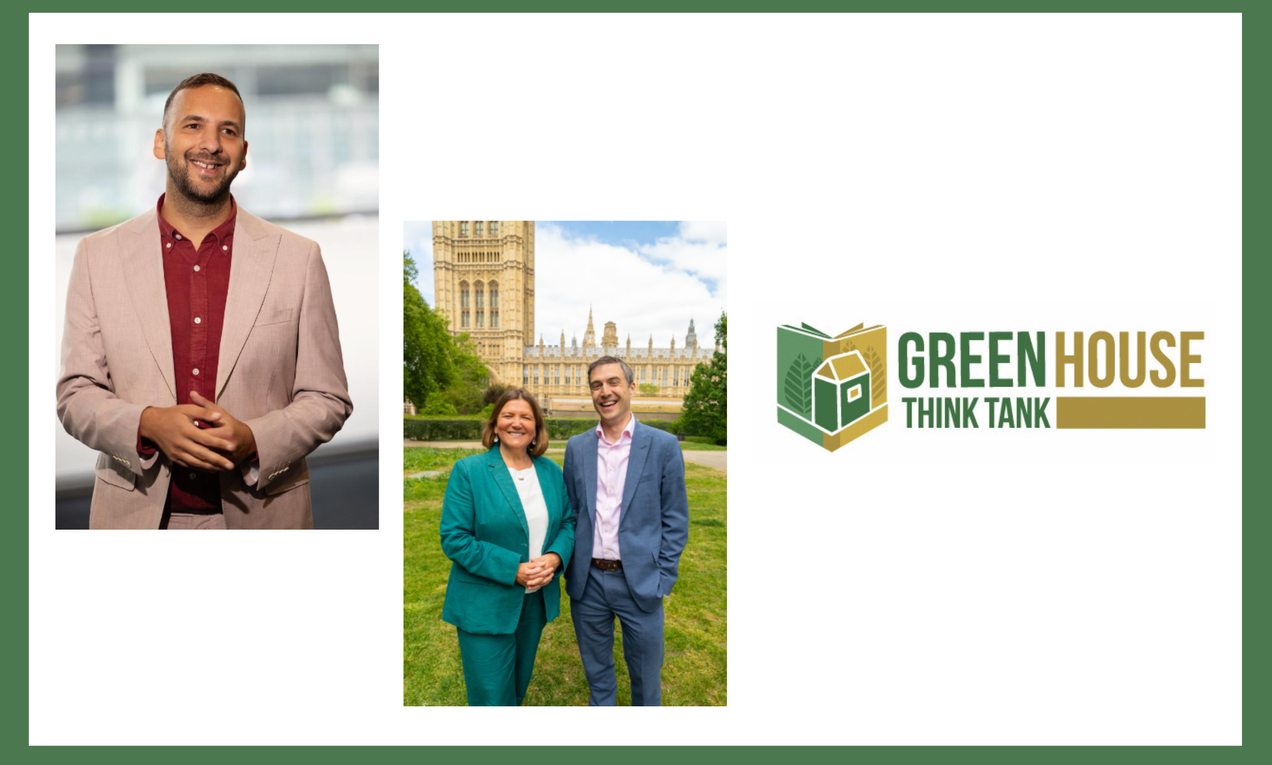
The Potential for Green Jobs in Cumbria
report looks at the implications of a transition to net zero carbon by 2037 - a target date adopted by the Zero Carbon Cumbria Partnership. There could, on average, be 9,000 additional jobs, mostly in renewable electricity generation but also in transport, industry and waste management.
Published in March 2021 by Cumbria Action for Sustainability, with funding from Quadrature Climate Foundation , this report contains the results of research by Green House (carried out by Anne Chapman and Jonathan Essex) and by Opal Research and Consulting on the implications of a transition to net zero carbon by 2037 - a target date adopted by the Zero Carbon Cumbria Partnership.
Over the fifteen years from 2022 to 2037, there could, on average, be 9,000 additional jobs , mostly in renewable electricity generation and in the retrofit of buildings, but also in transport, industry and waste management. Over half of those jobs would be in the west Cumbrian districts of Allerdale and Copeland, where there are fiercely contested proposals for a new coal mine to produce coking coal which, it is said, would provide 500 jobs. In the long term a transition could result in a net increase of 3,800 jobs.
Other Project Partners

Cumbria Action for Sustainability (lead organisation)
Cumbria Action for Sustainability is Cumbria's climate change and sustainability organisation. It works across Cumbria to enable individuals, communities, businesses and local authorities to reduce the county’s carbon footprint and bring about a more sustainable way of life here. Find out more.

Opal Research and Consulting Ltd
The project team comprises Professor Andy Gouldson and Andrew Sudment of the Centre for Climate Change Economics and Policy (CCCEP) who work on the links between economic development and carbon emissions. They prepared an analysis of the employment implications of low carbon development across the Leeds City Region in 2017, prepared economic assessments of the scope for low carbon development in all local authorities across the UK in 2017, and worked with the TUC and others to look at the impacts of low carbon development on skills and jobs across the UK and especially in Yorkshire and Humberside in 2019. Robin Fraser Williamson is also on the Opal team. He has a background in carbon management, and has experience in advising companies and cities on how to deliver carbon reductions. He led the preparation of a low carbon plan for the City of Edinburgh, including an assessment of the employment creation opportunities associated with retrofitting buildings. Find out more.



